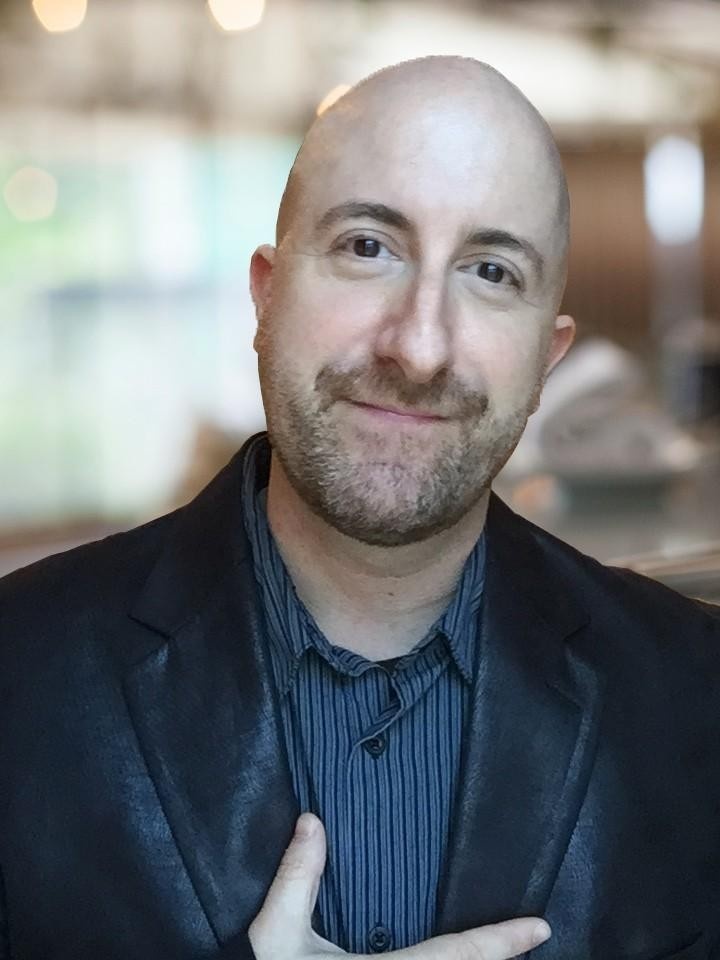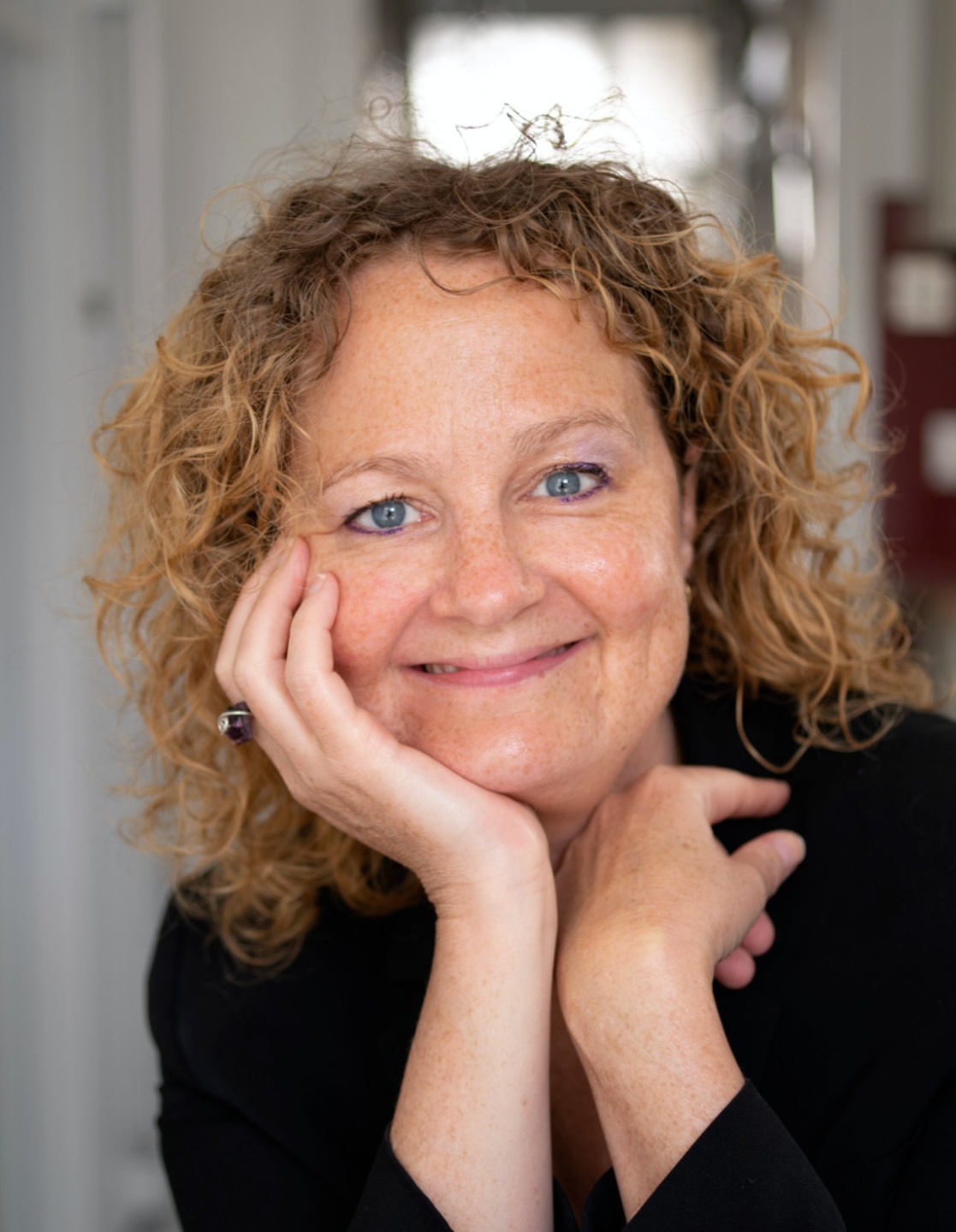The 3 Autism Neuro-States
Unblocking Learning, Communication, and Connection
You love your child/adult on the spectrum. And you say that you want them to be able to learn, communicate, and connect with you and others.
But what if you and all the people seeking to educate them were unwittingly blocking their ability to do so?
When we approach our loved ones in a way that is mismatched to their current neuro-state (which almost everyone does), then we...
- Overload their processing systems
- Break trust
- Make them feel unsafe
- Drive their nervous system into fight-or-flight survival mode
- Create resistance, dysregulation, anxiety, and disengagement
- Block learning, communication, and connection
This mini-workshop is designed to change all of that.

Have you ever wondered…
- Why your loved one is sometimes responsive and sometimes not
- How to really “reach” them
- What the real, underlying reason is for meltdowns, high anxiety, and extreme/explosive behaviors – and how to prevent them
- Where stims come from – and how to use them to create connection (rather than seeing them as a problem or obstacle to be stopped or redirected)
- Why your child/adult seems to have a particular skill/understanding (a word/name for something, using the toilet, solving a puzzle, ability to socialize or have a conversation) on one day but not another
- When the best time is to engage them, play with them, or teach them anything from language to conversation skills, from emotional regulation to social skills, from homework to self-help skills?
Once you understand what your loved one’s three neuro-states are and how to spot them, the answer to these questions becomes clear.
And it’s not just about knowing which brain state they’re in (although that’s pretty awesome). It’s about using this knowledge to completely cater how you interact with them based upon the neuro-state they’re in at that particular moment.
Doing this enables you to:
- Interact with your loved one without overwhelming or upsetting them
- Enhance your relationship with them
- Remove force, coercion, pushing, and pressure from the equation
- Help shift them out of fight-or-flight survival mode
- Build trust
- Strengthen and lengthen their Social Attention Span (which is much more important to their lives, learning, and relationships than their regular attention span)
- Reduce anxiety
- Increase their ability to be flexible and not need everything to go a particular way
- Improve their overall mental health and self-regulation
- Enable them to be open and receptive to the things that you and others are endeavoring to teach and show them?

Complete with super clear explanations, useful handouts, and opportunities to begin implementation, this mini-workshop - which comes with lifetime access (as long as the course exists) so you can go back through it again anytime you feel the need to - is taught by neurodivergent autism thought leaders. It will set you on a new path with your loved one on the spectrum – one that honors and respects their autistic experience while enabling them to grow and blossom.
Teachers:
1. Raun K. Kaufman:
Author, lecturer, and former CEO Raun K. Kaufman has worked with families and educators for the past 25 years. He also brings his own experience as someone who himself was diagnosed with so-called “severe” (non-speaking) autism as a child.
- An international lecturer and graduate of the Ivy League’s Brown University with a degree in Biomedical Ethics, Raun has completed lecture tours in the U.S., United Kingdom, Ireland, the Netherlands, Belgium, Sweden, Norway, Spain, Portugal, Poland, Romania, France, Japan, Singapore, the Philippines, Malaysia, and Vietnam.
- He is the author of the award-winning book, Autism Breakthrough: The Groundbreaking Method That Has Helped Families All Over the World.
- He has been interviewed by media such as National Public Radio, BBC Television, Fox News Channel, The London Telegraph, and People Magazine.
- As a child, Raun was diagnosed with so-called “severe” (non-speaking) autism and recommended for lifelong institutionalization. Instead, his parents worked with him in a totally new way they developed, enabling him to blossom, grow, and, ultimately, accomplish everything his parents were promised he would not. A book and television movie were made about his journey.

2. Kate C. Wilde:
Kate C. Wilde has spent the last 30 years working with children and adults on the autism spectrum and their families, as well as with therapists, educators, and schools.
- She is the author of the acclaimed books, Autistic Logistics: A Parent’s Guide to Tackling Bedtime, Toilet Training, Tantrums, Hitting, and Other Everyday Challenges, The Autism Language Launcher: A Parent’s Guide to Helping Your Child Turn Sounds and Words Into Simple Conversations and Autism Abracadabra: Seven Magic Ingredients to Help Develop Your Child’s Interactive Attention Span.
- Renowned for the courses she teaches throughout the U.S., Europe, and Asia, Kate also speaks at worldwide online autism summits.
- She is a columnist for Exceptional Needs Today, and has written articles for such publications as Autism Parenting Magazine in the U.S. and SEN Magazine in the U.K.
- She has forever left her mark on the autism world by having, over the years, intensively trained and qualified more than forty professionals who have gone on to help thousands of families, children, and educators across the globe.

